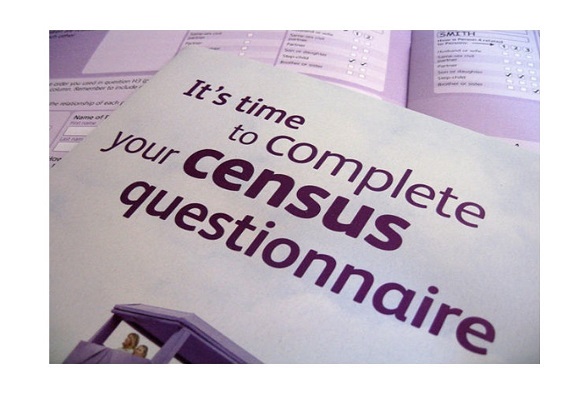2021 Census - why should you fill it in?
Published on

By Mark Green, Caitlin Robinson, Frances Darlington Pollock, Jeremiah Nieves, Francisco Rowe, Paul Williamson from the University's Geographic Data Science Lab.
Sunday 21st March marks a once-in-a-decade moment - the 2021 Census. Why should you stand up and, quite literally, be counted?
Happening every 10 years, the Census is a national survey completed by everyone resident in the UK. It asks about who lives in each household, their ages, occupations, education, country of birth and health among a wide range of things. It tells us about what life is like living in the UK today.
While population and tax censuses in the UK can be traced back to the Roman era, the first ‘modern’ Census took place in 1801. Although the first Census was a simple population head-count (to estimate the number of men available to fight in the Napoleonic wars), the past 220 years has seen the Census evolve into the most detailed snapshot of life in the UK.
Completing the Census isn’t just a legal requirement; it actively supports local authorities. The Census is used to allocate billions of pounds of funding to local authorities for transport, housing, education, health and social care services. Filling in the Census ensures the correct funding is allocated to match the needs of every community and the services that are available.
The Census tell us about the biggest issues in the UK and informs how the UK Government can tackle them. For example, the 2011 Census was used to provide the Government with understanding of the groups that are most likely to experience fuel poverty and how best to support them. It has also played a vital part in the fight against COVID-19, helping to identify the most vulnerable communities, locate testing centres and plan vaccine roll-out. Having access to good quality data helps us make the UK a better place and makes sure everyone is represented.
Data from the Census is also something researchers and academics actively use to better understand society. We in the Geographic Data Science Lab have used the Census for diverse topics Including: understanding who is affected by COVID-19; how local populations evolve over time; identifying who lives where; and understanding ethnic inequalities in health.
You can see the power of the Census data yourself by looking up the characteristics of your local neighbourhood in our interactive mapping tool.
You should soon receive the Census form in the post. Take part, be represented, and make history.
The GDSL is a research centre at the University of Liverpool working at the intersection between Data Science and Geography.
For further information please visit the webpage: https://www.liverpool.ac.uk/geographic-data-science/